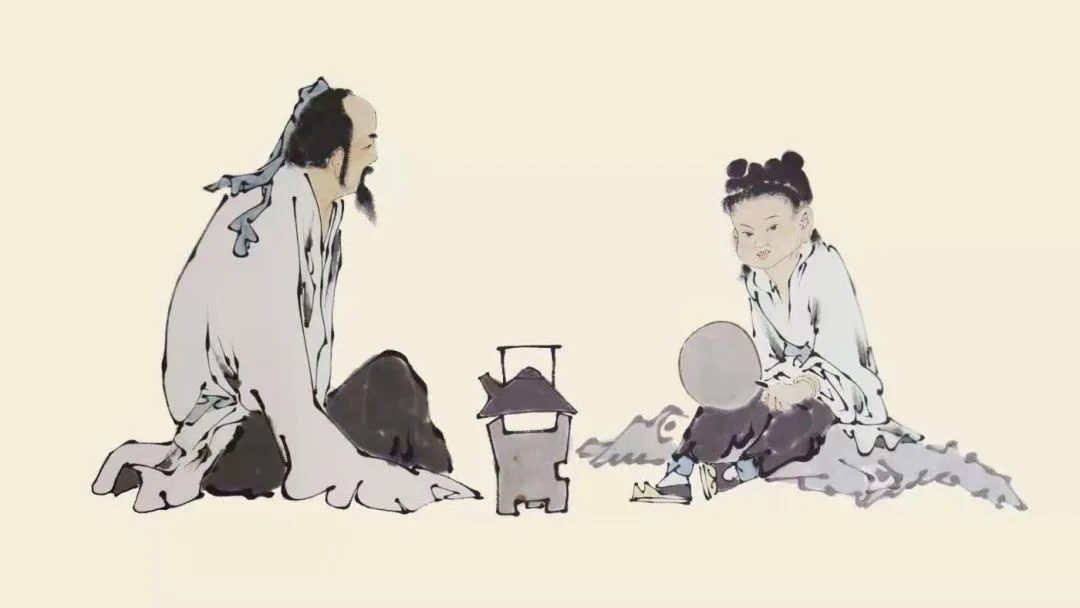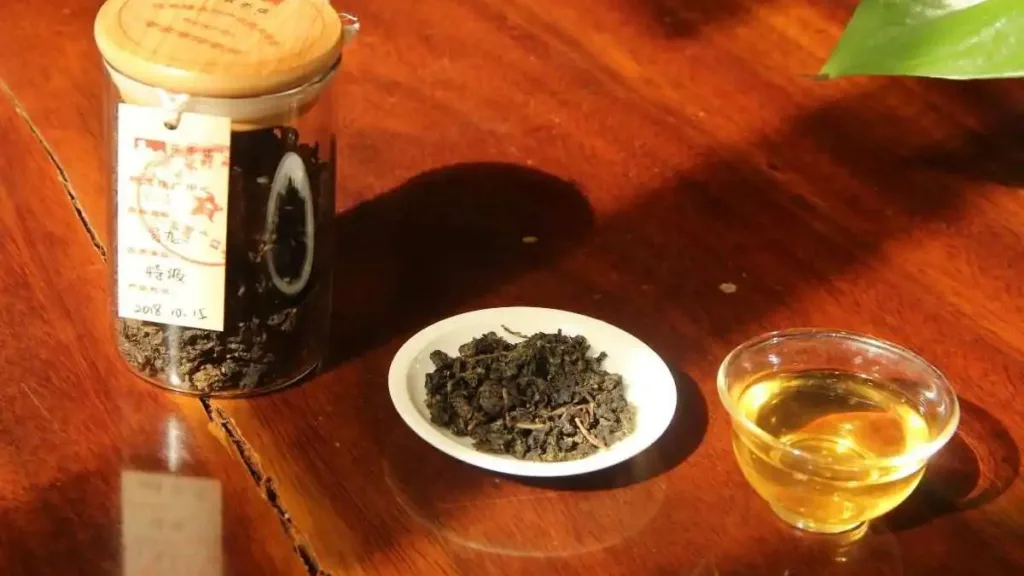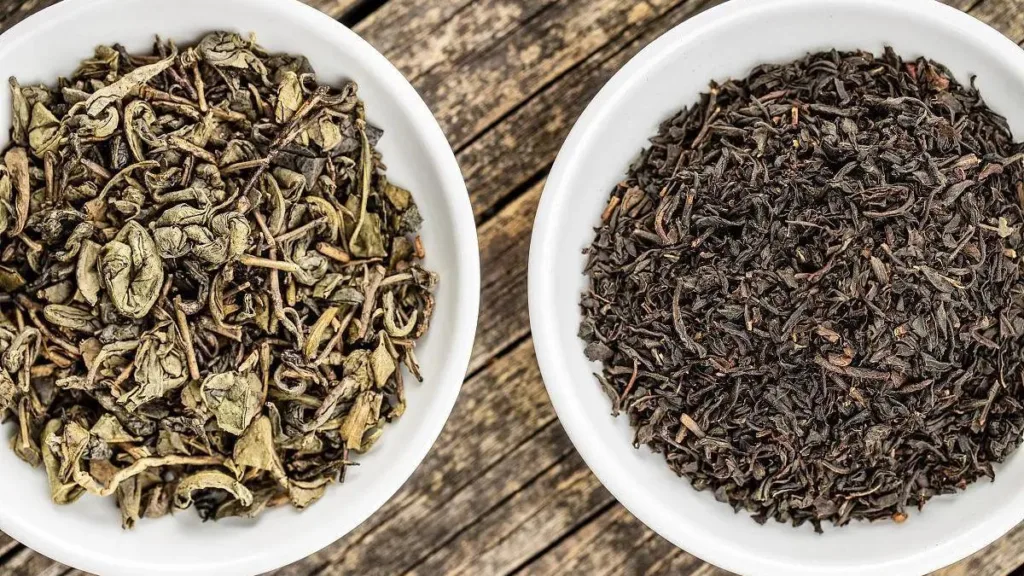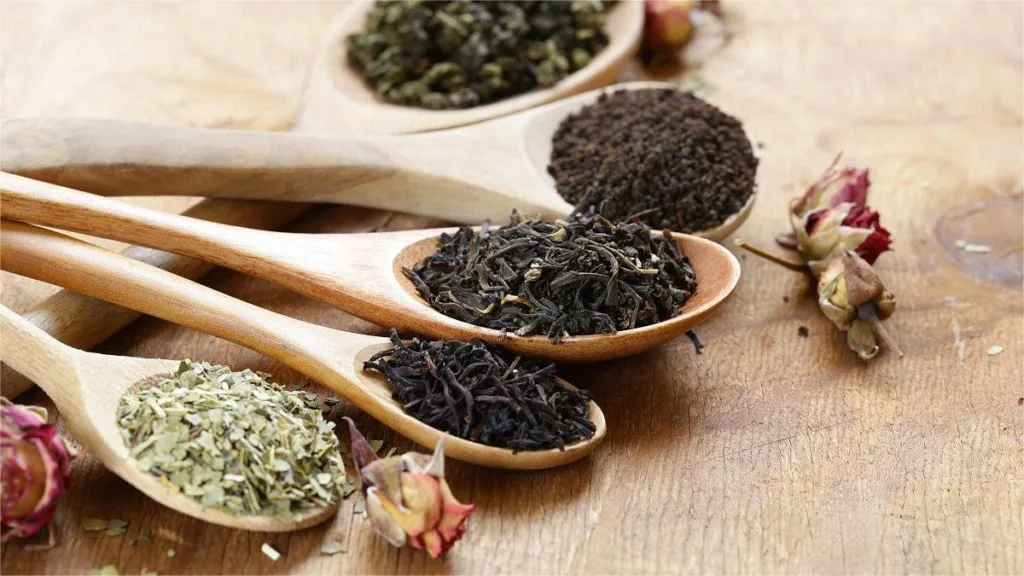Tea, a beverage deeply ingrained in Chinese culture, has had a profound and multifaceted impact on Chinese society throughout history. This transformation can be observed in several key aspects, including etiquette, social gatherings, weddings, religious practices, public spaces, philosophy, and even the economy.
One of the most notable ways tea has transformed Chinese society is through its integration into etiquette. The custom of serving tea to guests, known as “以茶待客,” has a rich history dating back to the Wei and Jin dynasties. It became a prominent social ritual where literati and scholars would gather over tea, reminiscent of modern-day tea parties. During the Tang Dynasty, the concept of formal tea gatherings or “茶会” emerged. Tea also found its place in wedding ceremonies due to the unique characteristics of tea plants, as they were considered untransplantable. This symbolism of tea’s stability was incorporated into weddings to represent the newlyweds’ enduring commitment. Furthermore, tea played a role in religious ceremonies, with its use in offerings dating back to the Wei Dynasty.
Tea also influenced the utilization of public spaces in ancient China. In a society with limited public spaces, tea houses became essential communal venues. People from different walks of life would come together in tea houses to discuss matters of importance, share stories, and engage in social interaction. These tea houses served as hubs for socialization, where people could exchange ideas and build connections.
Tea’s impact extended to the dining table as well. Starting from the Song Dynasty, it became customary to enjoy tea during meals. This tradition has persisted to the present day, with tea becoming an integral part of Chinese dining culture. Tea is not just a beverage but also a palate cleanser that complements various dishes, enhancing the overall dining experience.
Tea’s influence is also evident in Chinese philosophy, particularly within Confucianism, Buddhism, and Daoism. The practice of tea cultivation and preparation embodies the Confucian values of moderation, integrity, respect, frugality, and humility. In Buddhism, tea is offered to the Buddha and is an integral part of meditation practices. Daoism incorporates tea in its spiritual rituals, using it as an offering to deities and a means of achieving mental clarity and harmony.
Tea also played a substantial role in China’s economy. Although its contribution to the national budget is not as significant today, in ancient times, it was a cornerstone of the country’s finances. The taxation of tea began during the Tang Dynasty when it was previously untaxed. By the Song Dynasty, tea, alongside salt and alcohol, became one of the three major sources of state revenue. In the Ming Dynasty and beyond, Chinese tea became a valuable commodity in foreign trade. Before the successful cultivation of tea in Sri Lanka, China dominated the global tea market, accounting for approximately 96% of total tea exports. The export of tea and tea-related accessories contributed significantly to the country’s external trade balance.
In conclusion, tea has had a profound and enduring impact on Chinese society, leaving its mark on various aspects of life, from etiquette and social gatherings to religion, public spaces, philosophy, and the economy. Its rich history and cultural significance continue to shape the way the Chinese people interact, celebrate, and find meaning in their daily lives. Tea remains a symbol of tradition, unity, and connection in the ever-evolving tapestry of Chinese society.



